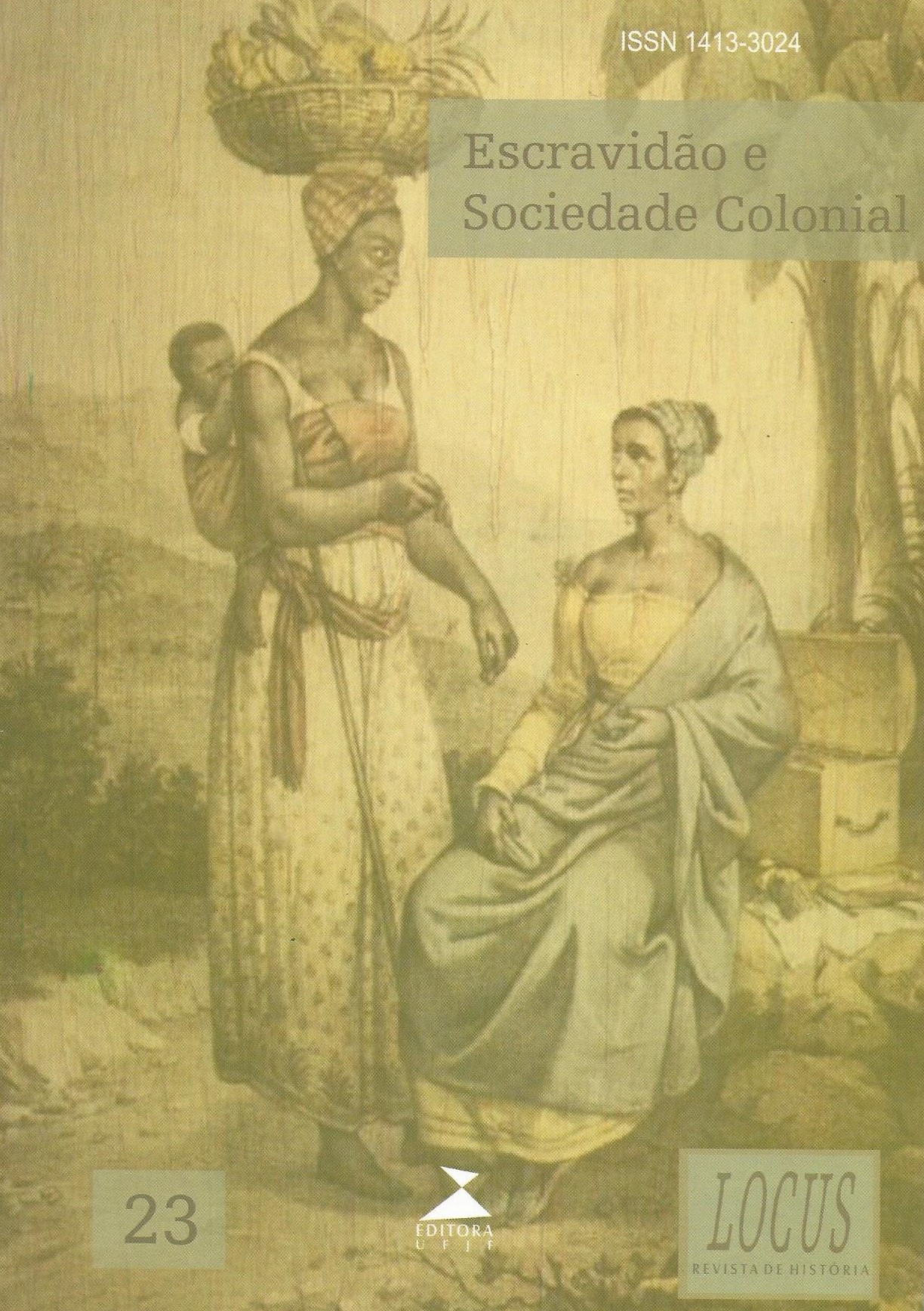Slave trade and social status: the Bahian slave traders in the eighteenth century
Palabras clave
- Colony,
- Bahia,
- Slave Trade,
- Individual Trajectories
Cómo citar
Resumen
A new perspective in historiography suggests that a diversity in commercial, social and political networks interacted within European overseas empires. Transoceanic trading relations linked the reproduction of different social structures as, for example, the organization of the Brazilian slave production with the African societies providing slaves to Brazil and with the own Portuguese social structure in Europe. Such practices can be found in colonial Bahia, where one of its main commercial activities was the transatlantic slave trade. Not only native merchants of Bahia participated in this busyness, but traders located overseas, who moved to Bahia to participate in the Atlantic economy. Therefore, this article proposes to focus on the role that these merchants performed in the life of colonial Bahia during the eighteenth and the beginning of the nineteenth century. Based on quantitative data and in the available literature, it will trace the profile of these merchants and place them at the center of our analysis. The idea is not merely to provide a description of the merchants engaged in the slave trade. Rather, the aim is to reduce the scale of observation in order to trace the life trajectories of these individuals and pursue their relationships, strategies and choices to obtain success, what would be impossible to observe through a wider analytical scope. To achieve this aim, we have selected a number of cases that present the most revealing ways through which slave traders in Bahia acted and interacted in a pre-industrial society.


